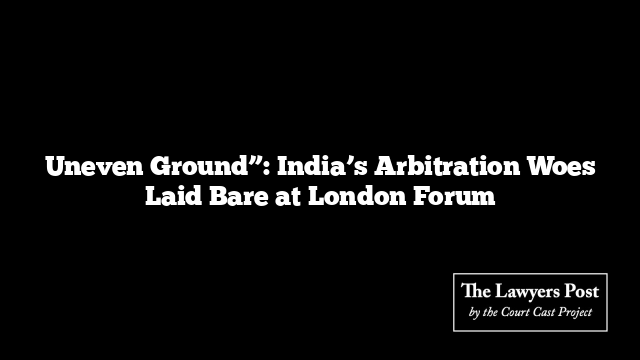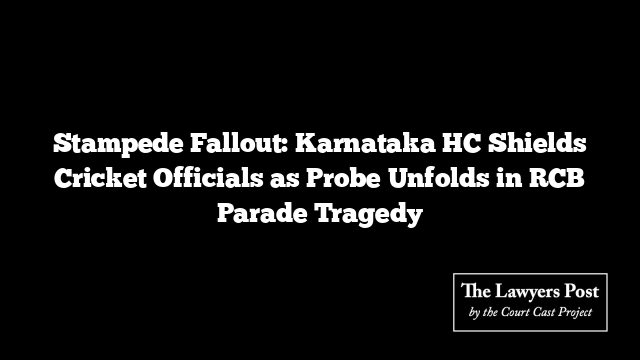At a high-profile session during London International Disputes Week 2025, Solicitor General Tushar Mehta delivered a sharp critique of the arbitration landscape as it pertains to the Indian state—calling out a rigged playing field and questioning the competence and neutrality of arbitral tribunals tasked with adjudicating government disputes.
“When it comes to a clash between public entities and private players, the ground isn’t level,” Mehta said bluntly, pointing to a pattern of bias, inconsistency, and lack of accountability in arbitral processes. His remarks landed in a room filled with international arbitration heavyweights—from SIAC and LCIA representatives to India’s own legal fraternity.
The panel, hosted by 39 Essex Chambers and Alvarez & Marsal, was far from a quiet legal salon. Instead, it became a candid post-mortem on how arbitration involving the government of India too often feels like shadowboxing in a tilted ring.
Mehta defended the Centre’s controversial 2024 circular discouraging public sector units from referring disputes over $1 million to arbitration. He framed it not as a policy shift, but as a symptom—”a reaction to systemic gaps,” he said. “These are not laws. They can be revisited—if the system itself reforms.”
What might that reform look like? A dedicated arbitration court for starters. “The volume under Sections 34 and 37 of the Arbitration Act is crushing,” Mehta said. “We need a separate mechanism, or we’ll just keep overloading already buckling courts.”
But Mehta was clear: the government hasn’t written off arbitration. “We still believe in it—but there must be confidence that the process won’t shortchange the state.”
Backing him up, Shashank Garg—chair of ICC India Arbitration Group—called out the “trust deficit” PSUs face, arguing that public institutions are disproportionately scrutinized, while private entities inflate claims with little pushback. “There’s a sense that arbitrators are just more comfortable siding with the private sector,” he said.
To fix the rot, Garg said the Arbitration Bar of India has formed task forces—one focusing specifically on arbitrator ethics and conduct—to draft guidelines or “soft law” that might bridge the statutory blind spots in the current regime.
A detour into constitutional territory came with a debate over Article 142. Recent use of the Supreme Court’s wide powers to alter arbitral awards—most notably in the Gayatri Balaswamy case—raised hopes among PSUs. But speakers warned: this power is rare, exclusive to the apex court, and not a backdoor route to regular review of awards under Section 34.
Abhijeet Shinde of Welspun World brought a strategic perspective: “When I negotiate contracts, I’m already negotiating the break-up.” From selecting seats of arbitration that align with party cultures to structuring clauses with enforcement in mind, he stressed planning as a frontline defense.
Ajit Kumar Mishra from the Dedicated Freight Corridor Corporation of India issued a more blunt warning—about arbitration becoming a copy-paste exercise. “When the same arbitrators get picked again and again, you get recycled awards,” he said, citing instances where tribunals faced plagiarism charges abroad.
Shwetha Bidhuri of SIAC countered with data: 2,500 Indian parties in 10 years, zero enforcement refusals by Indian courts from 2011 to 2022. SIAC, she said, is expanding its footprint within India, and not just for cross-border matters.
Wing Shek of LCIA added that arbitral institutions must do more—not less—on transparency, but stopped short of endorsing tighter controls. “We must still preserve the autonomy of parties,” he cautioned.
The takeaway from the session? Arbitration is still a preferred tool in India’s dispute resolution kit—but right now, it’s one that needs sharpening, cleaning, and rebalancing.





